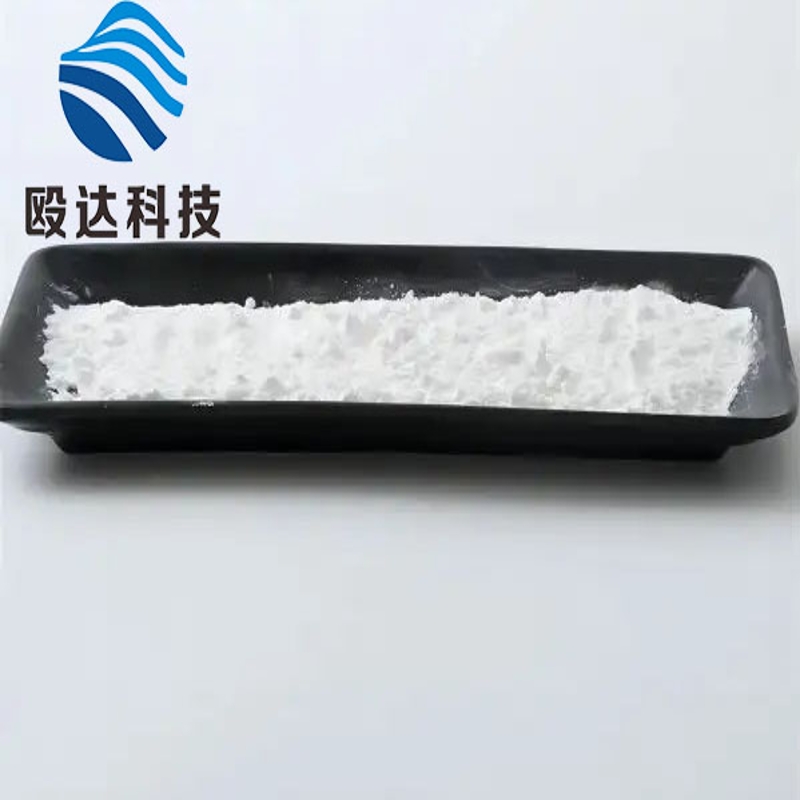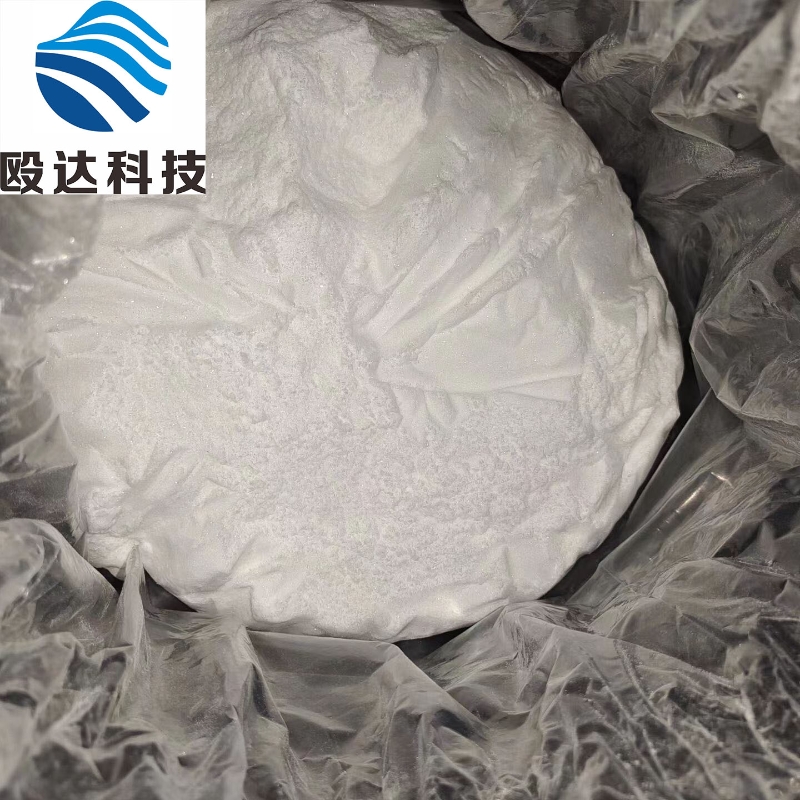-
Categories
-
Pharmaceutical Intermediates
-
Active Pharmaceutical Ingredients
-
Food Additives
- Industrial Coatings
- Agrochemicals
- Dyes and Pigments
- Surfactant
- Flavors and Fragrances
- Chemical Reagents
- Catalyst and Auxiliary
- Natural Products
- Inorganic Chemistry
-
Organic Chemistry
-
Biochemical Engineering
- Analytical Chemistry
- Cosmetic Ingredient
-
Pharmaceutical Intermediates
Promotion
ECHEMI Mall
Wholesale
Weekly Price
Exhibition
News
-
Trade Service
Senescence is accompanied by a decrease in cellular protein homeostasis and forms the pathological basis of
many age-related protein misfolding diseases.
However, the mechanism by which aging disrupts protein balance remains unclear
.
Compared with mature proteins, nascent peptides are more prone to misfolding and thus become a significant burden on
protein homeostasis regulatory networks.
During translation extension, the speed of ribosomes is variable in position, and these local changes affect the co-translational
transport (the transport of proteins to the endoplasmic reticulum as they are translated).
It is generally believed that the transient slowdown of the translation extension process can promote the folding and assembly of nascent proteins, targeted localization of organelles and chaperone recruitment, which is conducive to co-translation transport
.
However, if the translation extension process continues to slow down, it may lead to ribosome collision and degradation of nascent polypeptides and transcripts, which is not conducive to co-translational transport, resulting in neonatal protein aggregation, impaired cellular adaptation, and neurodegenerative changes
.
One of the hallmarks of aging is an imbalance in protein homeostasis, but it is unclear whether aging disrupts the tight balance
between translational extension and co-translational transport.
On January 19, 2022, Nature published an article
online titled "Ageing exacerbates ribosome pausing to disruptcotranslational proteostasis".
The study found that alterations in translation efficiency during aging may contribute to disrupting protein homeostasis
.
The increase of ribosome pause leads to overload of ribosome-related quality control mechanisms (ROCs) and the aggregation of nascent polypeptides, which plays an important role
in the disruption of protein homeostasis during aging.
Research results (Source: Nature)
The researchers used ribosome sequencing (Ribo-seq) and other techniques to detect whether senescence alters the translation and extension of
aging models in Caenorhabditis elegans and budding yeast.
Series results show a decrease in age-related translation initiation and an increase in
ribosome pauses in both organisms.
Ribosome pause in the aging process and the relationship between pause sites and ribosome occupation (Source: Nature)
Through a series of subsequent related experiments, the researchers found that ribosome pause intensified at specific locations in aging yeast and nematodes, including multi-site stretching, leading to increased ribosome collisions, which will trigger and activate the ROC pathway
.
Relationship between age-dependent ribosome pause and protein aggregation (Source: Nature)
Notably, senescent yeast cells overall exhibited impaired RQC substrate clearance and increased nascent protein aggregation, suggesting that senescence "overwhelmed" this pathway
.
Conversely, some yeast mutants were able to extend their lifespan by reducing ribosome pauses, which is associated with
the reactivation of the RQC pathway.
The study also confirmed that in the nematode model, ribosome pause due to aging can cause strong enrichment of nascent polypeptides in age-dependent protein aggregates, and the pause and aggregation of protein homeostatic components may initiate a cycle
of protein homeostasis imbalance.
A model of increased ribosome pause and nascent peptide aggregation during aging (Source: Nature)
In conclusion, this study links ribosome pause in the aging process with co-translational transport and protein homeostasis, and proves that the increase of pause will lead to RQC overload of nascent polypeptide aggregation, disrupt protein homeostasis, and play an important role
in aging-induced systemic decline.







